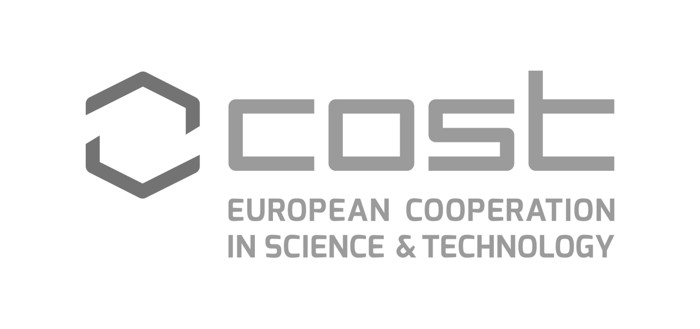As people live longer, societies must use ageing-in-place strategies enabling healthy ageing. Community mobility is essential to age-in-place, as older adults need to access medical facilities, stores, and other activities in their communities to maintain their health and well-being and to support their social participation. The aim of this Action is to develop an overarching framework to guide European and country-specific processes in the areas of driving, driving retirement, and usable accessible transportation for older adults.
This action will co-ordinate a cohesive program of tasks in four interlinked working groups mobilising international and cross-cultural development in the areas of: a) assessing driving fitness and retraining of driving capacities; b) driving retirement and transition planning to maintain community mobility; and c) usability and accessibility of alternative transportation modes, including walking and public transport.
Reviewing available evidence and relevant advancements will enable the Action to undertake cross-country comparative studies and analyses of policies, interventions, and best practices, compile up-to-date resources and toolkits with dissemination via publications, public conferences, workshops, and production of online resources.
The Action’s outputs will provide guidance for professionals and stakeholders across Europe and internationally on how to implement methods of enabling older adults’ community participation through effective and safe use of all available transportation options. A roadmap for knowledge transfer will be developed, including post-graduate research student exchange. The Action will contribute to the development and sustainability of communities of practice which are envisaged to continue their activities beyond the COST Association funded period.
The main aim of the Action is to develop an overarching framework to guide European and country-specific processes in the areas of driving, driving retirement, and usable accessible transportation for older adults.
The BOPALiM has a series of objectives, which will be met through the planned activities and outputs. These objectives are summarised in the following key questions:
- What are the best evidence-based assessments and processes to determine fitness-to-drive of older adults and people living with disabilities in diverse contexts?
- What are the needs of older adults who are transitioning from driving to other community mobility travel alternatives?
- What are the best approaches and resources to support the social participation of older adults as they transition to regularly using other modes of transport?
- What are the barriers and enablers to the accessibility and usability of public transport for older adults and people living with disabilities, especially those with sensory, motoric or cognitive impairment?

